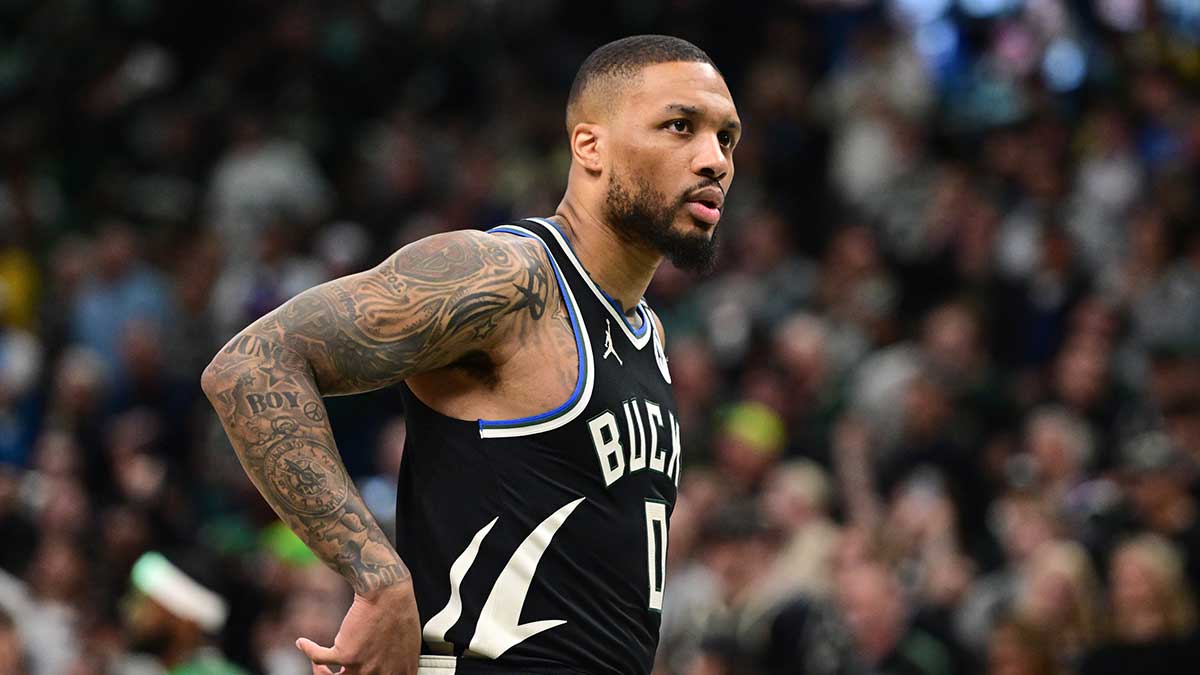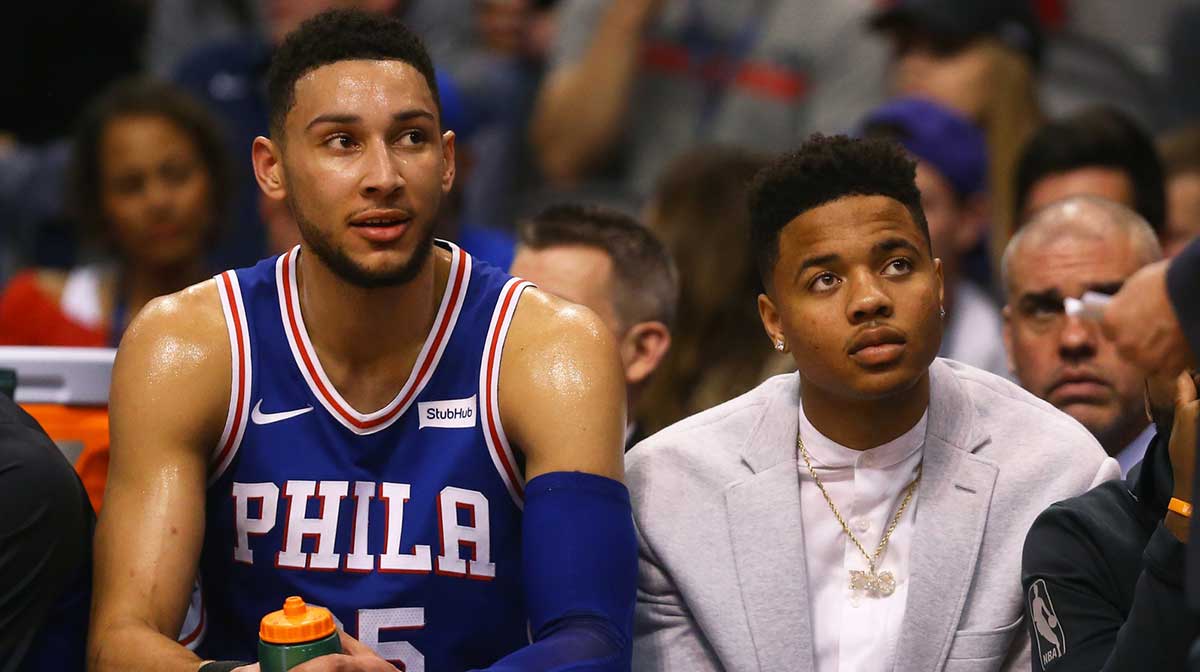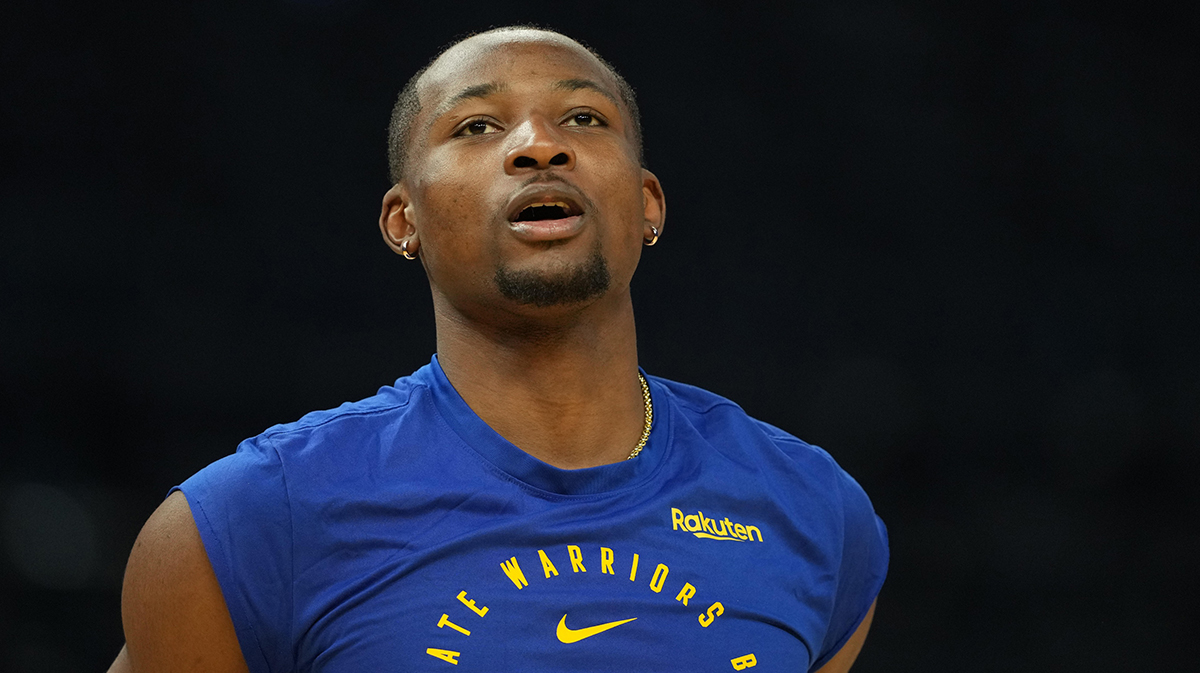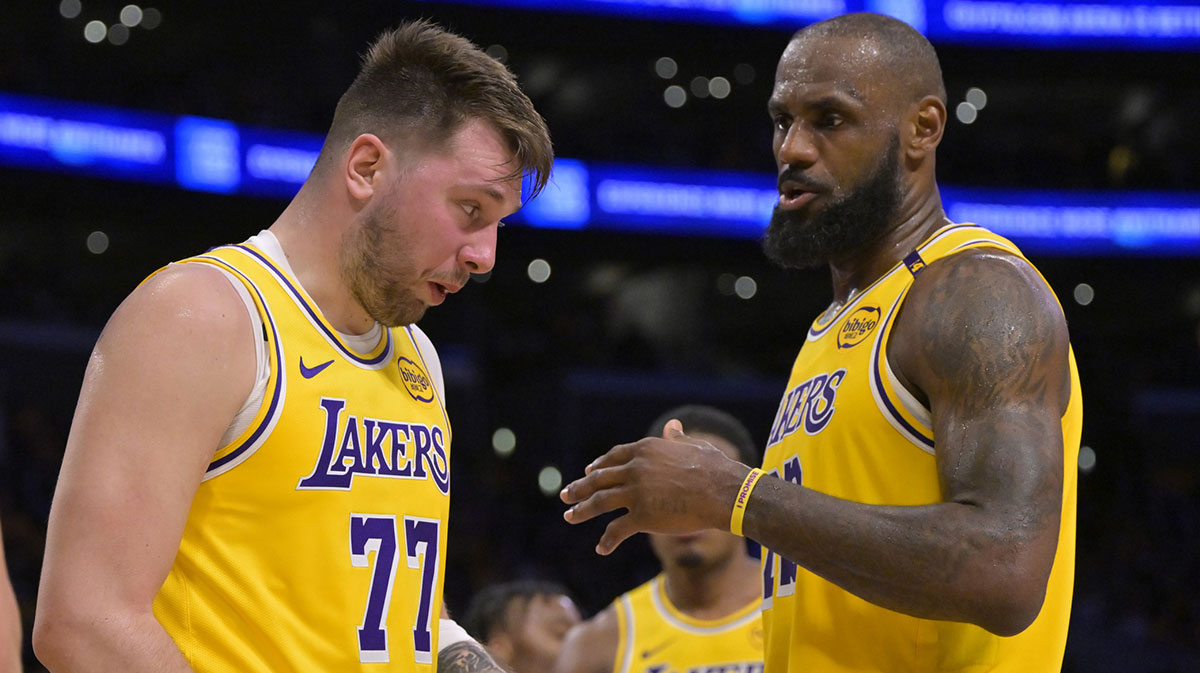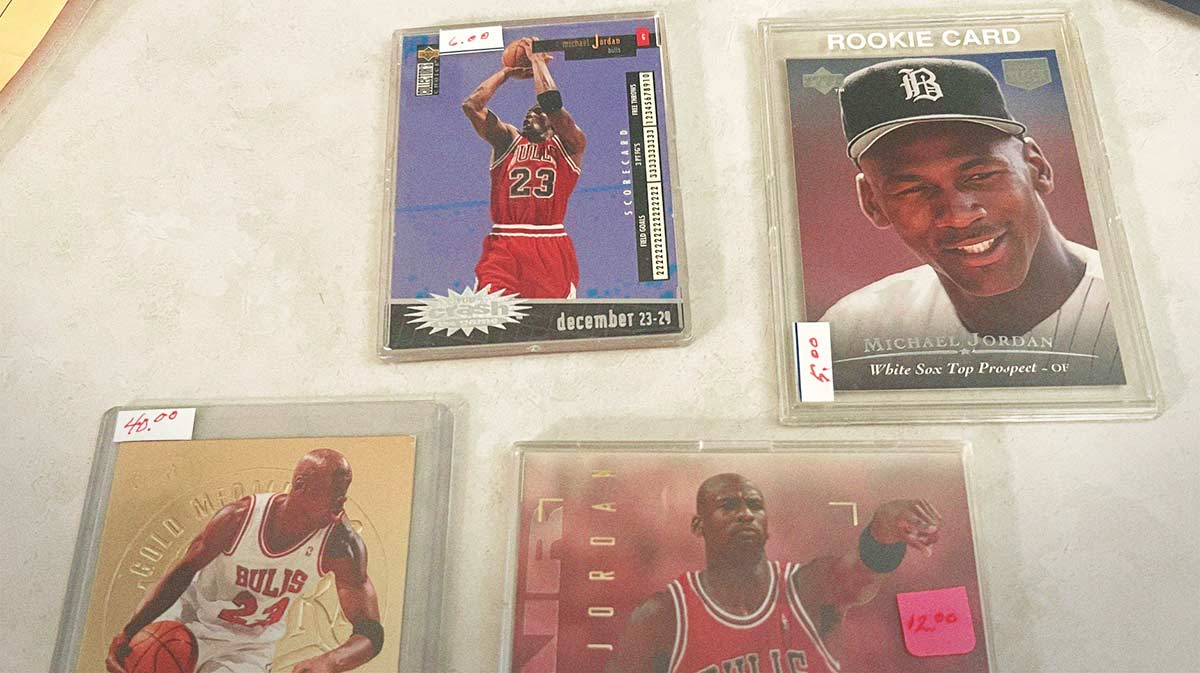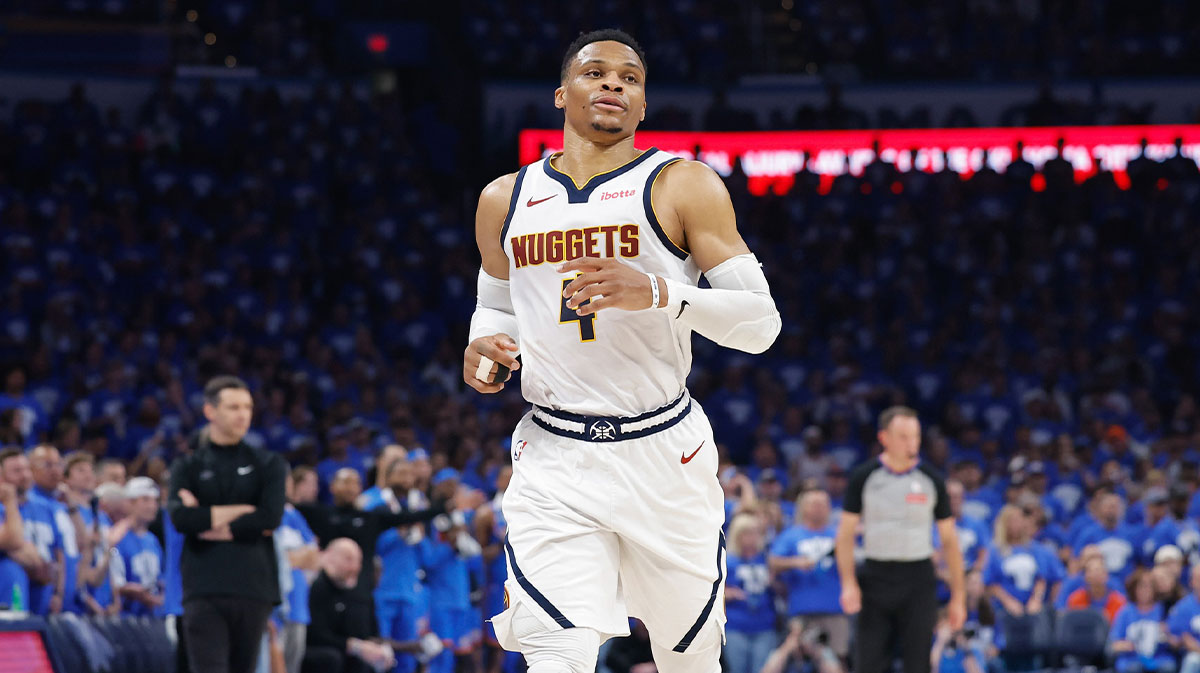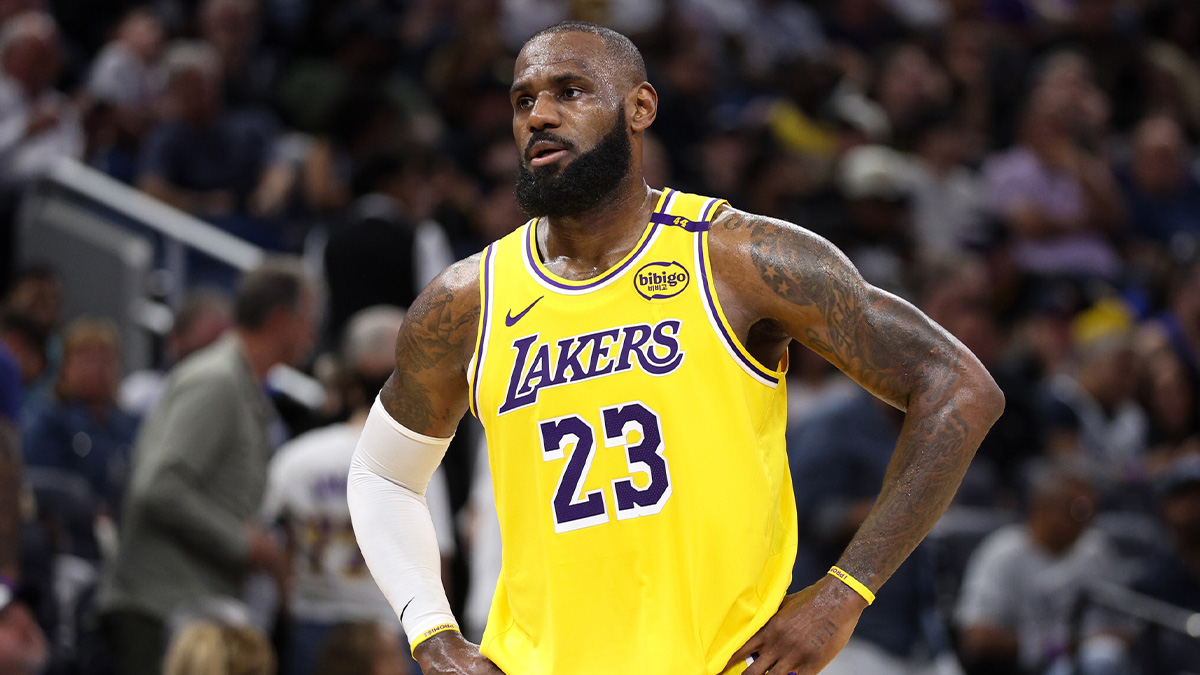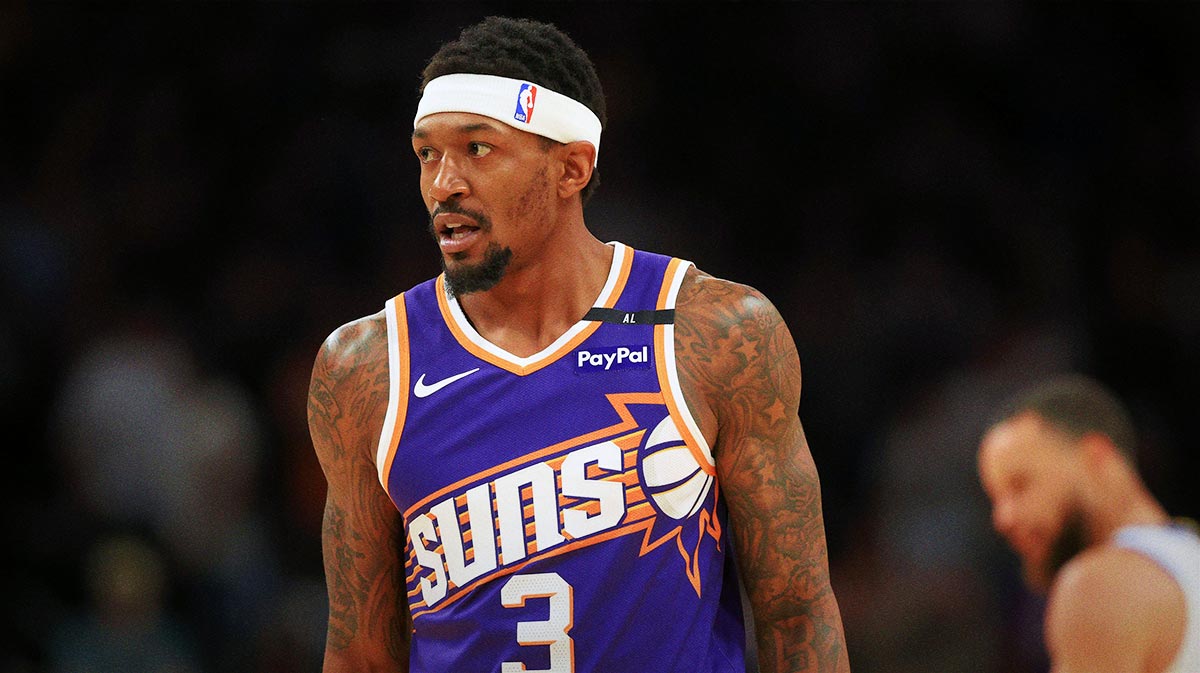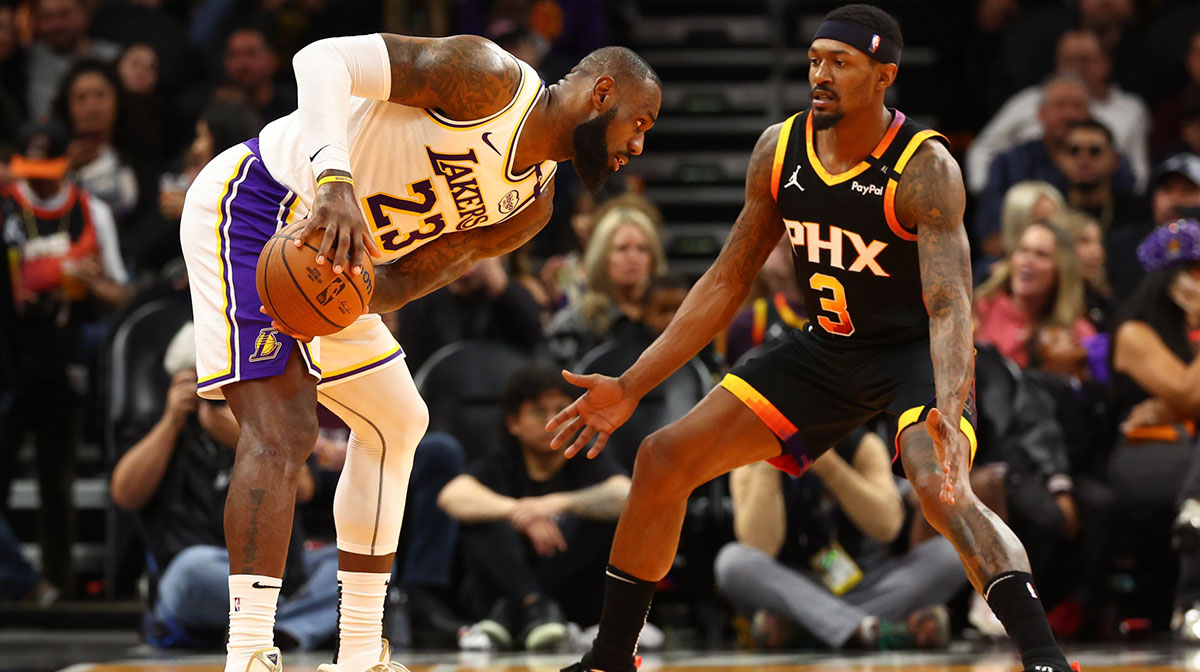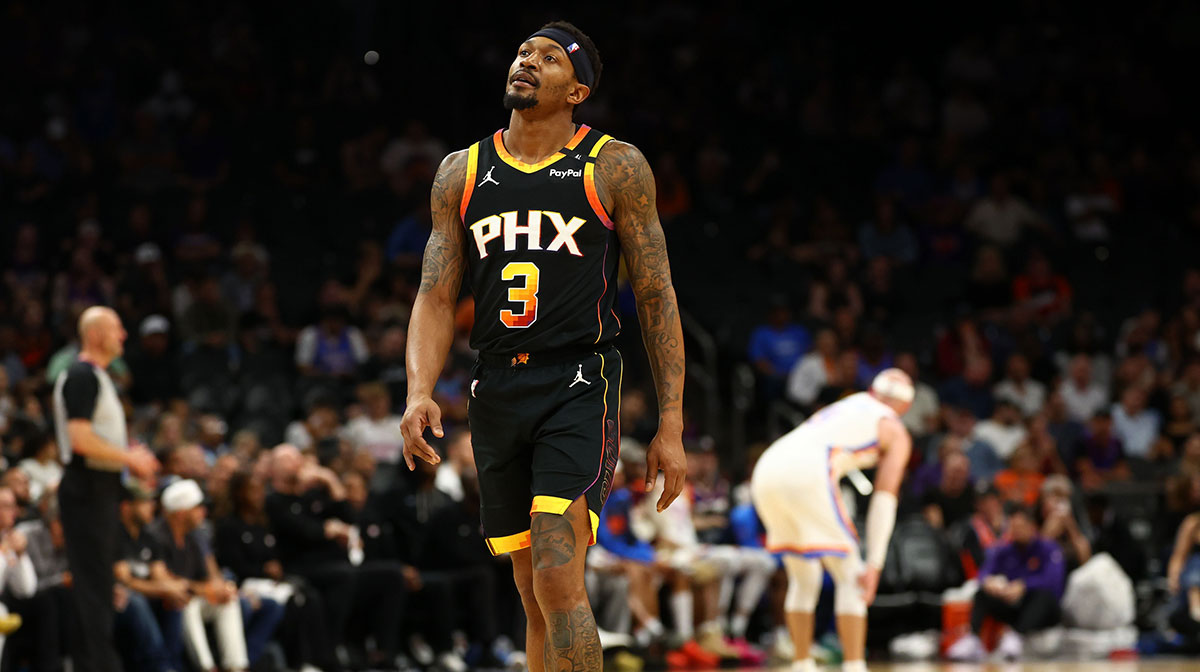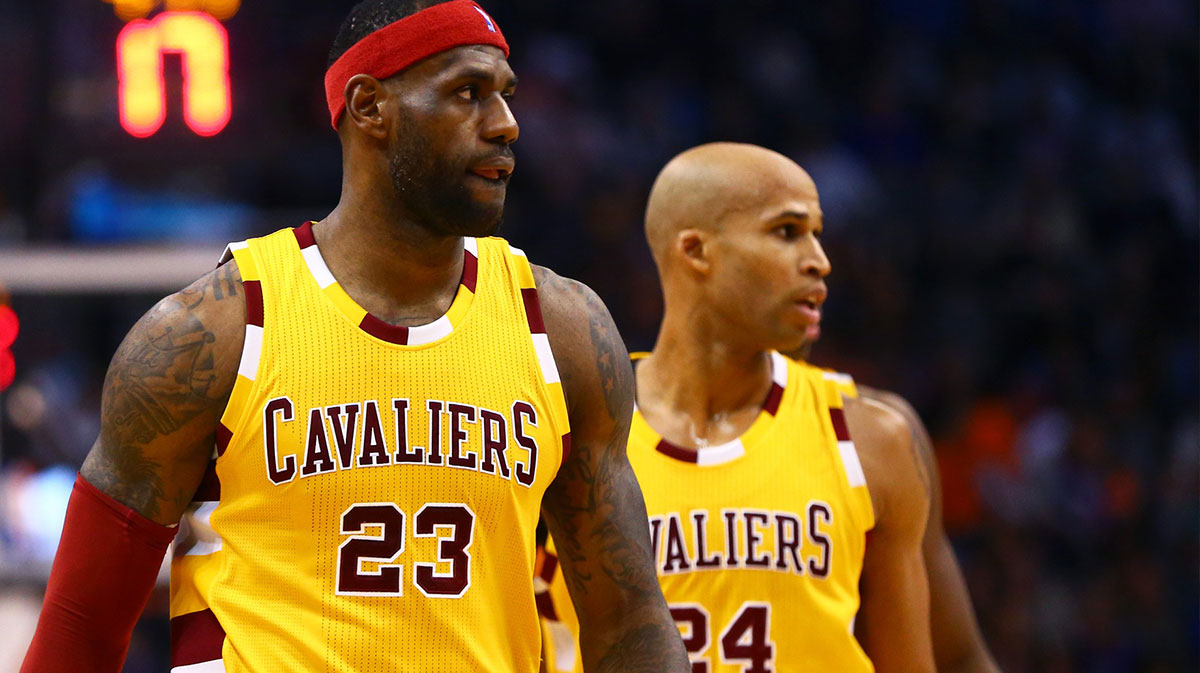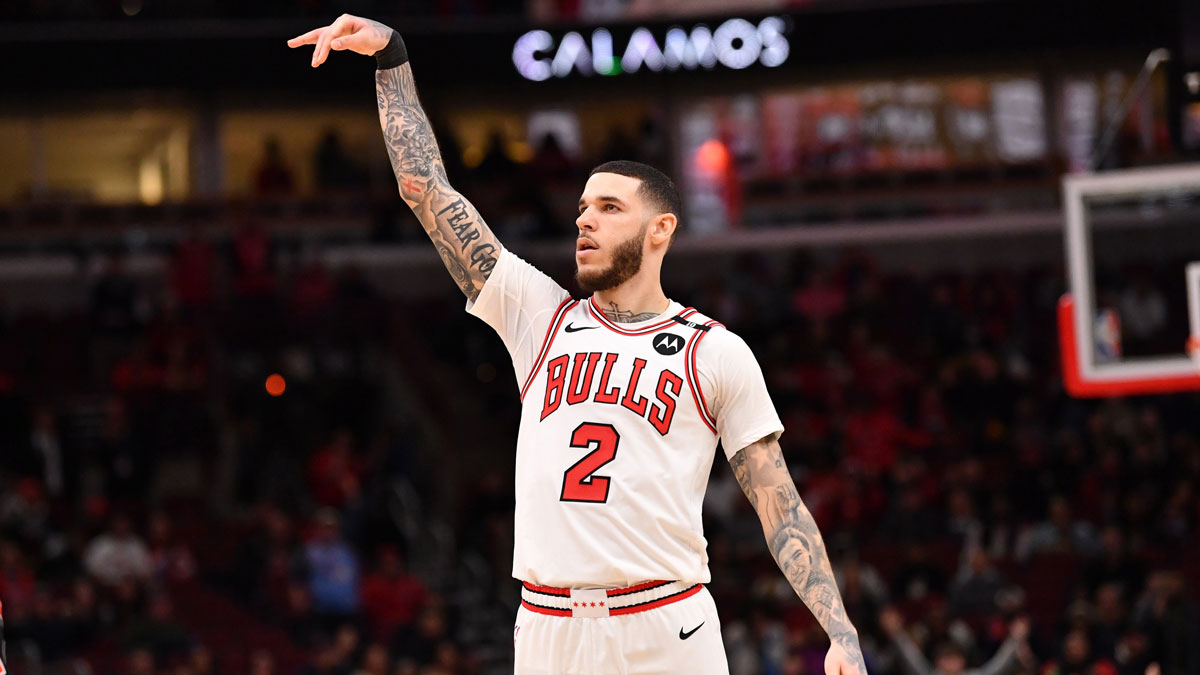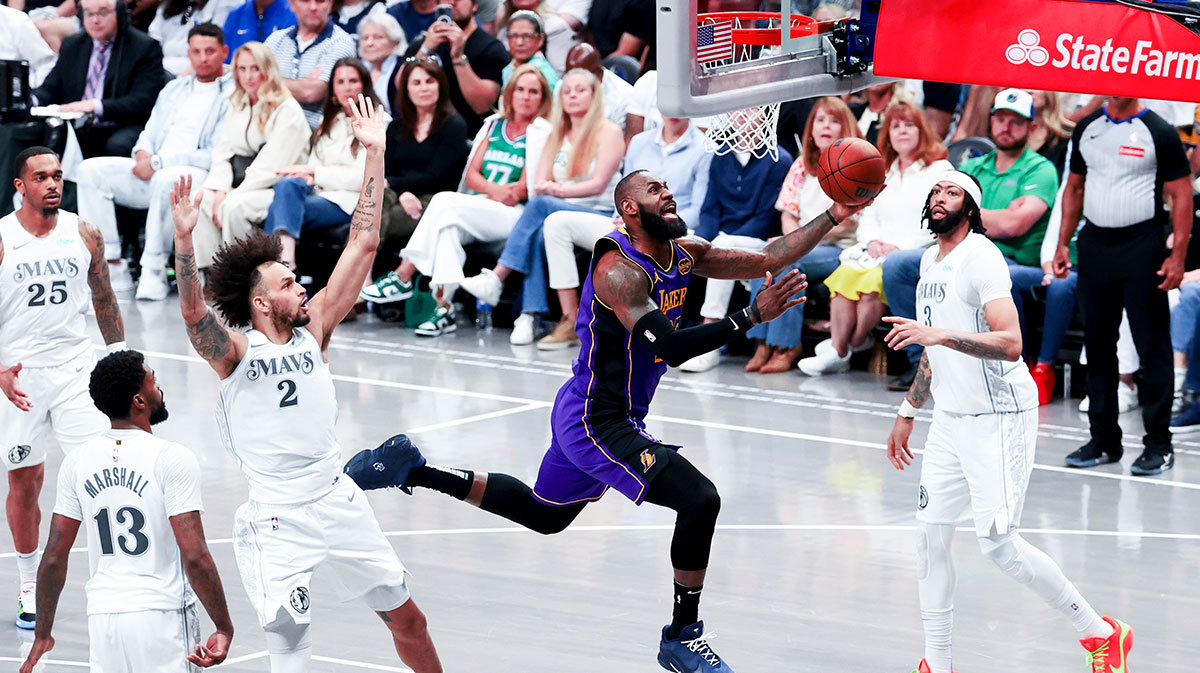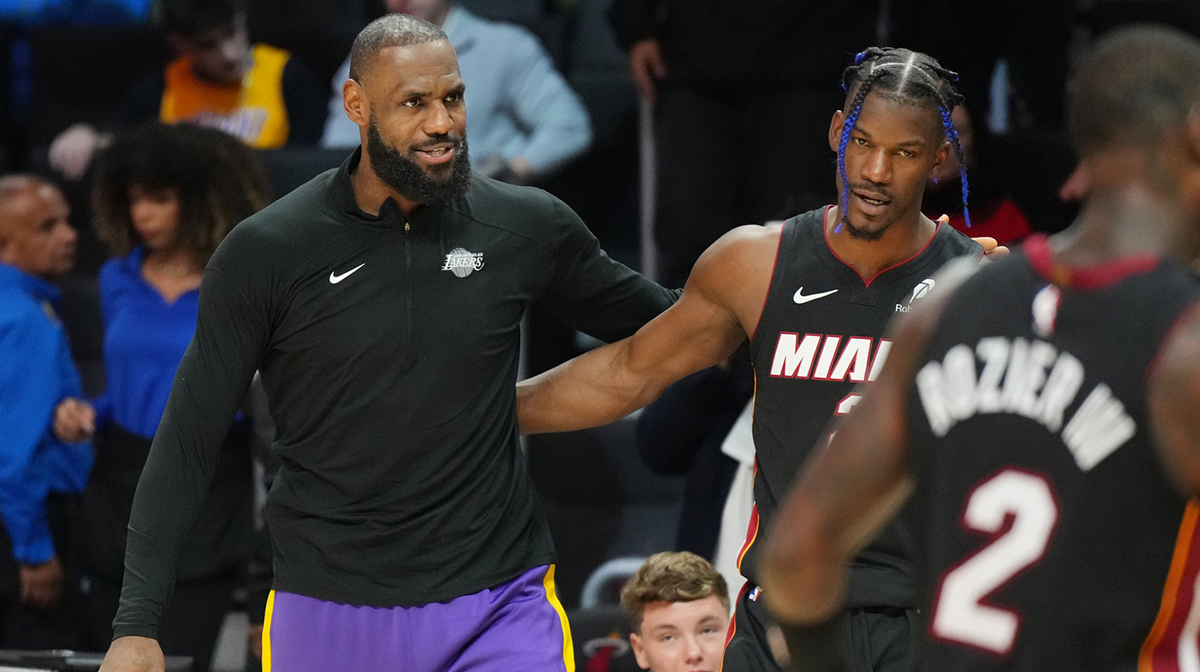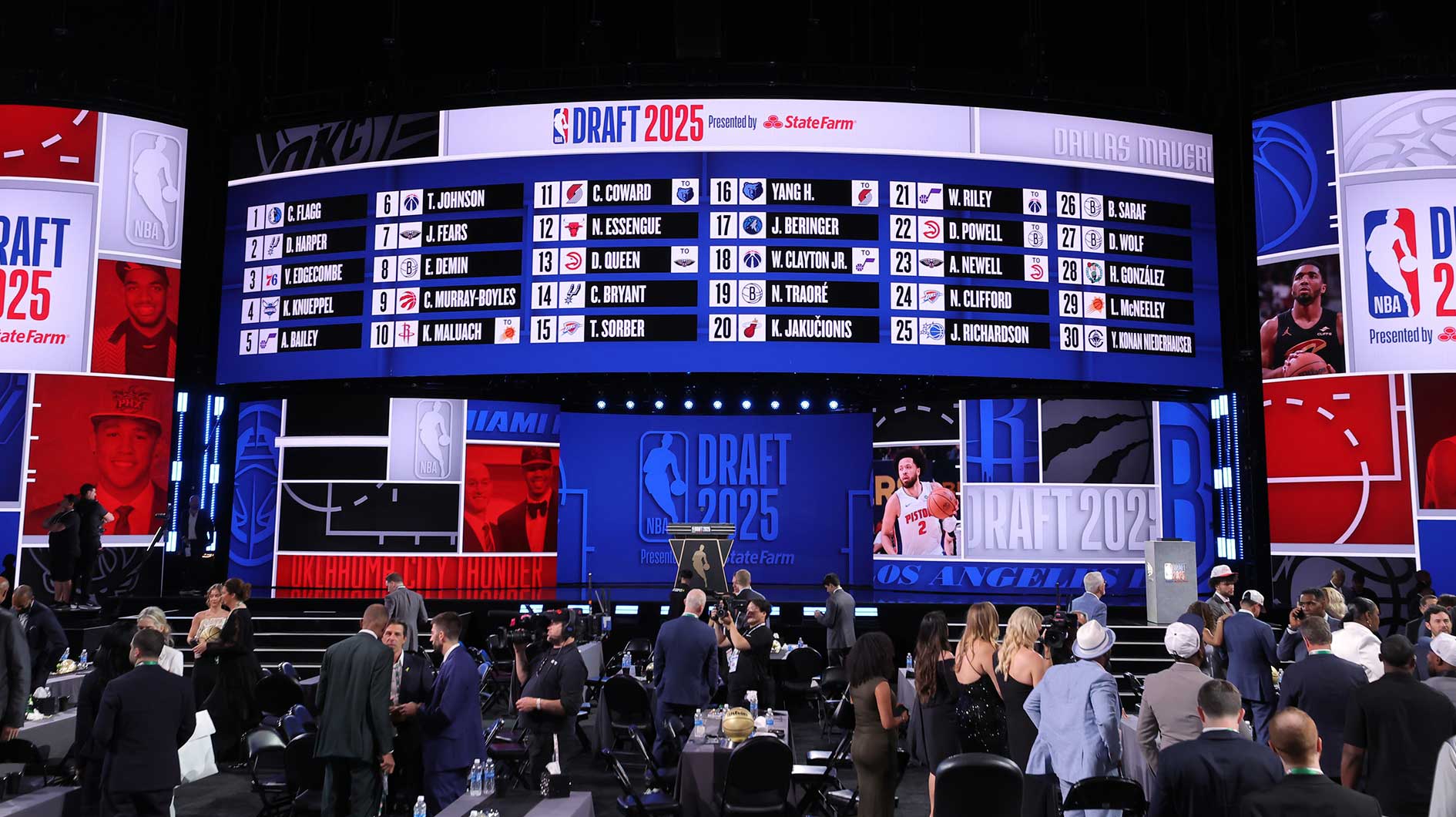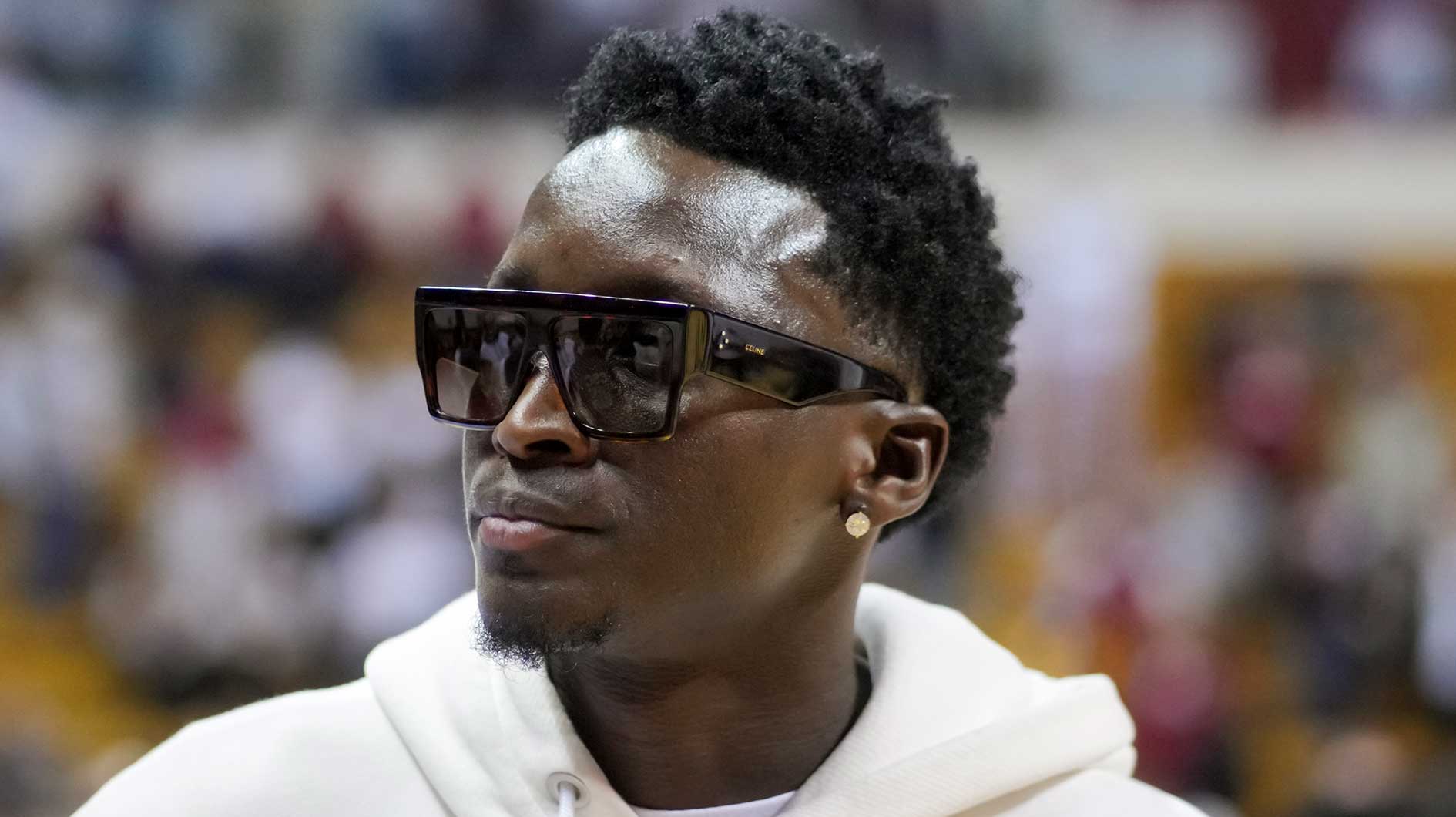“Who's coming in second?” Three-time MVP Larry Bird famously asked his NBA three-point contest opponents back in 1988 prior to the All-Star weekend shootout. Bird would go on to win the event, earning his third-straight victory. Does anyone remember who actually came in second? Of course not. It's a low-stakes competition that the players themselves clearly don't take seriously (Bird won the contest in his warm-up jacket).
Dale Ellis is the answer, by the way. He would eventually redeem himself by winning the contest in 1989, though Bird did not participate. The problem with second-place finishes is that they are often forgotten, regardless of the scope and significance of the competition. Take the NBA's Most Valuable Player award, for example. Debates are waged about the MVP throughout a given season and wards of certain candidates will become outraged with the voting results, but over time, the no. 2 guy's performance becomes just another column on Basketball Reference.
With that being said, let's give some recognition to some of the best silver-medal MVP performances since the turn of the century.
Not eligible: Kobe Bryant (2005-06)
Stats: 35.4 ppg, 5.3 rpg, 4.5 apg, 45% FG, 34.7% 3pt, 55.9% TS, 45-37 team record, 22 first place votes
Bryant's '05-'06 season, thanks to die-hard Los Angeles Laker fans and one of the greatest single-game performances in NBA history, has not been lost to time like many others. It's actually the season that most fans point to when asked who was “robbed” of an MVP. Kobe Bryant was at his scoring peak, averaging a career-high 35.4 points per game, scored at least 40 points 27 times in 80 games played, and of course dropped 81 points on the Toronto Raptors.
The problem is, Bryant didn't finish second in MVP voting that season. He actually finished fourth, falling behind Steve Nash, LeBron James and Dirk Nowitzki, all of whom lifted their teams higher in the standings than Bryant did (though he did finish second in terms of total first place votes.) Was that one of the least-talented Laker teams of the Bryant era? Yes. But there is something to be said about the difference between lifting a bad team to mediocrity as opposed to lifting a decent team to greatness. This distinction is largely what lost the following three players their MVP awards.
3. Chris Paul (2007-08)
Stats: 21.1 ppg, 4 rpg, 11.6 apg, 48.8% FG, 36.9% 3pt, 57.6% TS, 56-26 team record, 28 first place votes
Chris Paul would ultimately finish second to Bryant in the MVP race two years later, but he arguably should've taken the trophy himself that year. The New Orleans Hornets fell just a game behind the Lakers in the standings that season, and Paul posted what was, at the time, the 13th-highest PER in NBA history at 29.96.
Sure, he technically had an All-Star alongside him in David West (in the same way LeBron James had an All-Star alongside him in Mo Williams during his first Cleveland stint), but the Hornets were 15.2 points per 100 possessions worse on offense with Paul on the bench that season. He was the alpha and the omega for that New Orleans squad, taking on the scoring burden in addition to setting up his teammates. He led the league in assists, steals and made the All-Defensive Second Team.
To generate 21 points and nearly 12 assists' worth of offense in the mid-2000s was a true achievement given the lack of floor-spacing. It remains one of the greatest point guard seasons in NBA history, and had it not coincided with a year in which Bryant, who voters knew had yet to win the award through 12 seasons, slightly outshined Paul in terms of team success, he would've won the award.
2. Kevin Garnett (2002-03)
Stats: 23 ppg, 13.4 rpg, 6 apg, 1.4 spg, 1.6 bpg, 50.2% FG, 55.3% TS, 51-31 team record, 43 first place votes
Kevin Garnett might've just been unlucky to be born 24 days after Tim Duncan. His career largely paralleled that of the greatest power forward of all time, even past their playing days (they were enshrined into the Hall of Fame together earlier this year, along with Bryant). Because of this, one of the best individual seasons in recent memory is largely overlooked.
Though he would win the MVP the following season, Garnett's 2002-03 year was arguably just as impressive. Stranded in Minnesota, surrounded by replacement-level talent like Wally Szczerbiak and Troy Hudsen, Garnett carried his team to 51 wins through stellar two-way play (he came in third in Defensive-Player-of-the-Year voting that season as well). Offensively, he was a low-post threat, a midrange master and a surprisingly quick and decisive playmaker in transition for his size. His team asked him to do everything, and he did.
To illustrate just how heavy the burden was on Garnett: The Wolves lost games by 17.5 points per 100 posessions in the mere 7.5 minutes per game that Garnett sat that season. He led the team in every major statistical category, including assists. To essentially be the team's point guard, averaging six dimes a game as a power forward during one of the muddiest eras of offense in NBA history, is truly an MVP-level accomplishment. The problem is, Duncan led his team to 60 wins and put up nearly identical numbers to Garnett, minus some of the playmaking.
In a vacuum, the case could be made for Garnett as the better player than Duncan. If their situations coming into the league were swapped and Garnett was drafted into one of the best sports institutions of the century in the Gregg Popovich-era Spurs, it's not hard to picture him winning the same number of titles as Duncan, if not more. Though that was not the hand Garnett was dealt, he absolutely maximized his situation that season.
1. James Harden (2018-19)
Stats: 36.1 ppg, 6.6 rpg, 7.5 apg, 44.2% FG, 36.8% 3pt, 61.6% TS, 53-29 team record, 23 first place votes
James Harden gave us one of the most exciting two-month stretches in scoring history that year, scoring 30 or more points in 32 straight games (he averaged 41.1 points and got to the line nearly 13 times a game during that stretch). He reached an offensive apex unlike anything the modern NBA had ever seen, so much so that he was forcing teams into gimmick defenses like guarding him from the side or behind in order to prevent him from getting to his unguardable stepback jumper.
This remains the seventh-highest scoring season in league history, trailing four Wilt Chamberlain seasons, a Michael Jordan season and a fifth Chamberlain season. It was unheard of. With Harden's running mate Chris Paul missing 24 games that season, he went into full put-the-team-on-my-back mode and proved to any of his remaining doubters that his style of ball-dominance could lead to success.
Unfortunately for Harden, this season coincided with another generational superstar truly stepping into his prime. Giannis Antetokounmpo won his first MVP that year, averaging 27.7 points, 12.5 rebounds and 5.9 assists while being the anchor of his team's defense (something that could not be said about Harden). The Milwaukee Bucks ultimately won nine more games than the Rockets, reaching a league-best 60 wins.
Antetokounmpo was no-doubt deserving, given that he was just as central to his team's success as Harden was. Even still, Harden's season deserved recognition as one of the all-time-great scoring clinics in league history.

